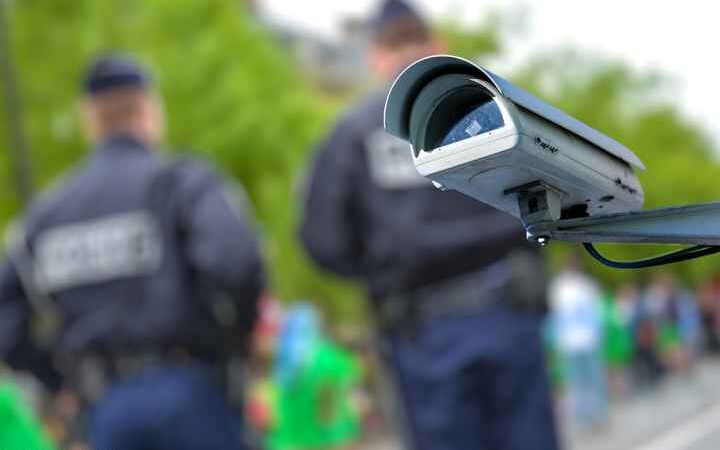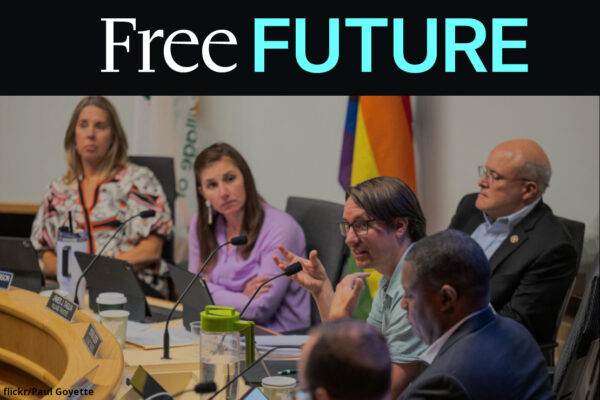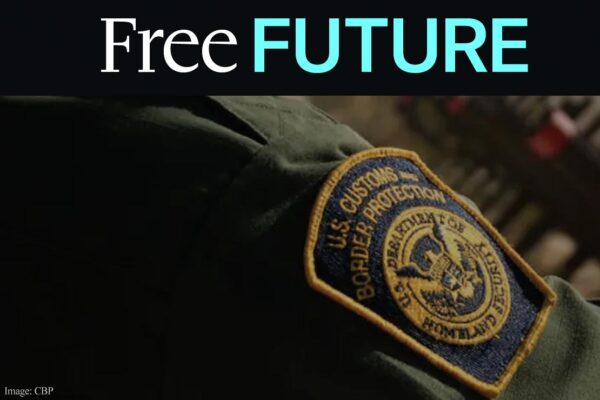Speech and Privacy
The ACLU of Georgia works to expand the right to privacy, increase the control individuals have over their personal information, and ensure civil liberties are enhanced rather than compromised by technological innovation.

What you need to know
24,800
Cameras in Atlanta available to law enforcement
4th Amendment
The government argues that the Fourth Amendment protects information that you keep in your desk, but not information that you keep online, like old emails or pictures.
NSA
In order to carry out mass surveillance, the NSA has weakened the security of the communications systems that we all rely on.
Georgia's Biometric Information Protection Act
The Biometric Information Protection Act (BIPA) is a common sense, well-crafted, and time-tested measure to protect biometric privacy. Georgia has no protections in place for the collection and use of Georgians’ biometric info, the unique physical traits that make each of us unique – fingerprints, retinas, and facial structures, to name a few. Such a law would ensure that individuals are in control of their own biometric data and how it is used.
Protect our Privacy
Pass Community Control Over Police Surveillance in Atlanta
Atlanta is the most surveilled U.S. city in the world, with only cities in China having more cameras per capita. The city of Atlanta’s decisions to acquire and use surveillance technologies have often occurred with little transparency or opportunities for community input.
Surveillance tools can be used to track and record a person’s every step without their knowledge or any protection for how the data is used or shared. The increasing use of these tools disproportionally impacts Black people and other marginalized communities, placing them at higher risk of being unjustly placed on government watch lists, logged into criminal databases, and arrested and charged for minor violations.
It’s critical that the public and elected officials have a say in if and how surveillance technology is being used. Community Control over Police Surveillance (CCOPS) laws have been passed in communities across the nation to empower the public and elected officials to decide if and how surveillance technology is used. The city of Atlanta should pass such a law.
Benefits of Community Control over Police Surveillance
- It requires that city agencies:
-
- - Obtain approval from City Council before obtaining new surveillance technology.
- - Submit and publicly release a Surveillance Impact Report and a Surveillance Use Policy for each new technology proposal
- - Submit an Annual Surveillance Report and hold a community meeting to review the report
-
- Carry out an approval process for all existing surveillance technology.
- Establish a Community Advisory Committee to advise City Council on surveillance issues.
- Protect community members against violations of the ordinance.
SOURCES:
Chad Marlow, Let There Be Light: Cities Across America Are Pushing Back Against Secret Surveillance by Police, 2016, www.aclu.org
Jurgita Lapienyte, This is the Most Heavily Surveilled City in the US: 50 CCTV Cameras per 1,000 Citizens, 2021, www.cybernews.com
Security Cameras Make Us Feel Safe, but Are They Worth the Invasion? 2022, www.nytimes.com
Too Much Surveillance makes us Less Free. It also Makes us Less Safe, 2017, www.WashingtonPost.com
The Latest

Press Release: ACLU, ACLU of Georgia and Free Press Action speak out against SB 473

Flock CEO Goes Ballistic on Critics as More Americans Question Mass Driver Surveillance
Stay Informed
Sign up to be the first to hear about how to take action.
By completing this form, I agree to receive occasional emails per the terms of the ACLU’s privacy statement.
By completing this form, I agree to receive occasional emails per the terms of the ACLU’s privacy statement.


